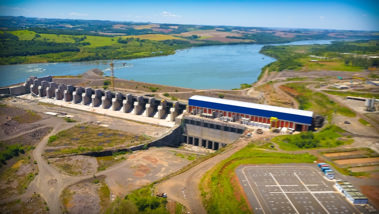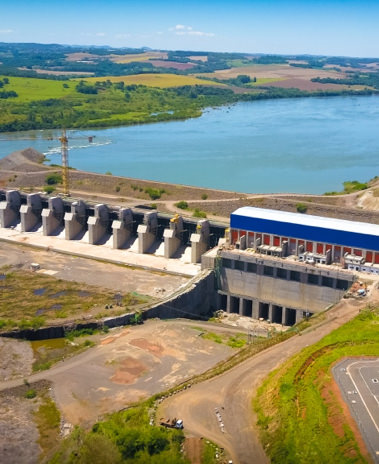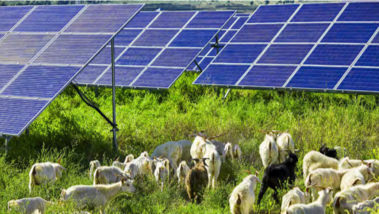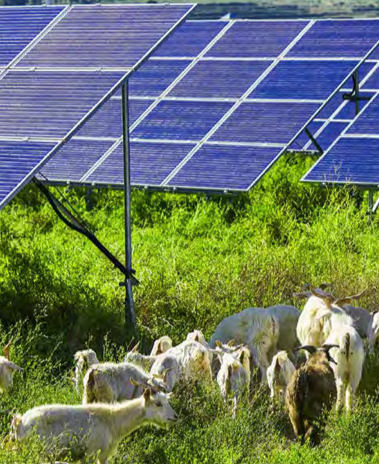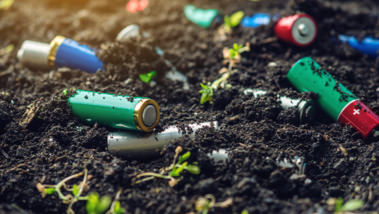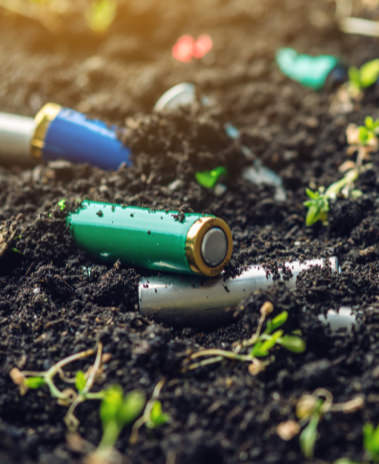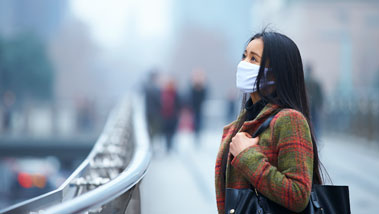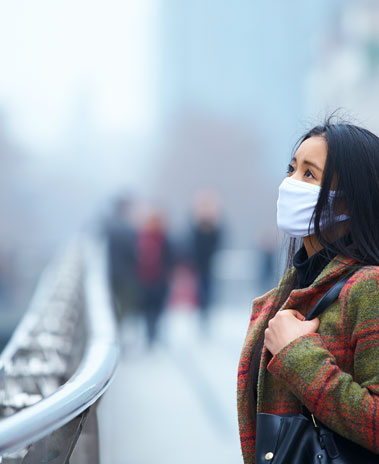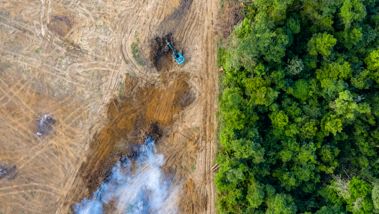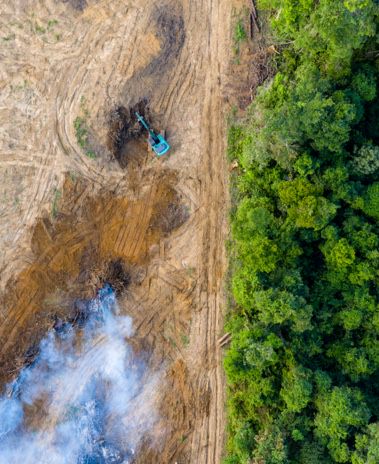#nature
The respect for the environment, flora and fauna or the defense of the nature are essential in fighting climate change. Iberdrola group promotes the biodiversity in ecosystems by supporting the cultural heritage development, apart from encouraging cultural and social awareness in this regard.
-
We have inaugurated the Baixo Iguaçu Hydroelectric Plant in Paraná, Brazil, which supplies a million people with renewable energy due to its total installed capacity of 350 MW. This facility actively maintains the water balance and guarantees the force of the famous Iguaçu waterfalls.
Twelve years after publishing his famous book — Frames of Mind (1983) —, in which he defined seven types of intelligence and which earned him the Prince of Asturias Award in 2011, Howard Gardner added an eighth branch to his model: naturalistic intelligence. This type of intelligence allows us to relate to the environment and other species.
-
Iberdrola Group has completely integrated the conservation of the biological diversity of ecosystems into its strategy. An exhaustive environmental plan is therefore drawn up for all projects for new facilities in order to minimize their impact on flora and fauna. This is reflected in the 2022 Biodiversity Report, which lists the specific actions taken by the company to protect and conserve biodiversity at some of its flagship projects.
We tend to look skywards when talking about pollution, but this problem is not confined to our skies. The soil in which our fruit and vegetables grow is also suffering its consequences, the effects of which getting to us directly, for instance, through the aforementioned foodstuffs. The time has come to look after what lies under our feet!
-
The large cities in China, the USA and the EU exhale 54% of the world's CO2 emissions into the atmosphere, according to the Environmental Protection Agency (EPA).
Desertification, or loss of fertile, productive soil, is a problem which is exacerbating climate change, because the diminishing number of trees on the planet is worsening the greenhouse effect. One solution to this is reforestation. Despite its drawbacks, it is still an option for regreening thousands of hectares.






